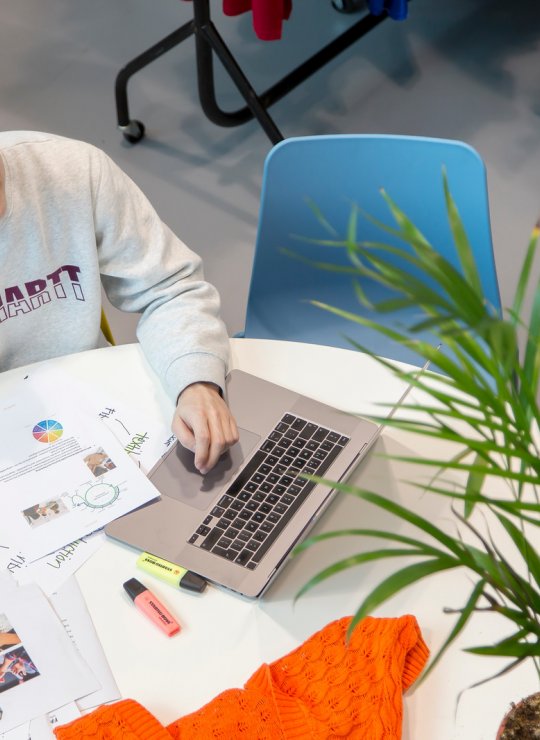
Consumer Behaviour for Business Success
Use insights to deliver a better customer experience in this 6 week course.
Course overview
This online short course in consumer behaviour has been designed specifically for people looking to better understand customers, and their decision-making processes to drive business growth.
Whether you are currently working in sales, marketing, product development or other consumer objective related activities in a company - or are building your own brand - this course will equip you with the contemporary knowledge and skills required to effectively evaluate and adapt experiences for your consumers.
The course also considers consumer behavioural changes brought about by changing cultural norms - such as increases in homeworking - using industry-led models and frameworks.
Co-developed by experienced subject specialists from Falmouth University's renowned creative and industry-focused environment, you will gain clear, actionable insights and takeaways for your practice.
You will:
- Gain a thorough understanding of what drives consumer behaviour and how to make positive changes for your own customers
- Develop awareness of the free or low-cost tools that can be used to gain customer insight
- Explore the customer decision-making process and broader demographic and social factors affecting consumer behaviour
- Work within the latest industry-led frameworks and be challenged by practical, real-life examples
- Future-proof your approach by looking at patterns and predictions for consumer behaviour for your business or brand

Our collaborative partnership
This project is part-funded by the UK Government through the UK Shared Prosperity Fund. Cornwall Council has been chosen by the UK Government as a Lead Authority for the fund and is responsible for monitoring the progress of projects funded through the UK Shared Prosperity Fund in Cornwall and the Isles of Scilly.
The UK Shared Prosperity Fund is a central pillar of the UK Government’s Levelling Up agenda and provides funding for local investment. The Fund aims to improve pride in place and increase life chances across the UK by investing in communities and place, supporting local business, and people and skills. For more information, visit the website.



